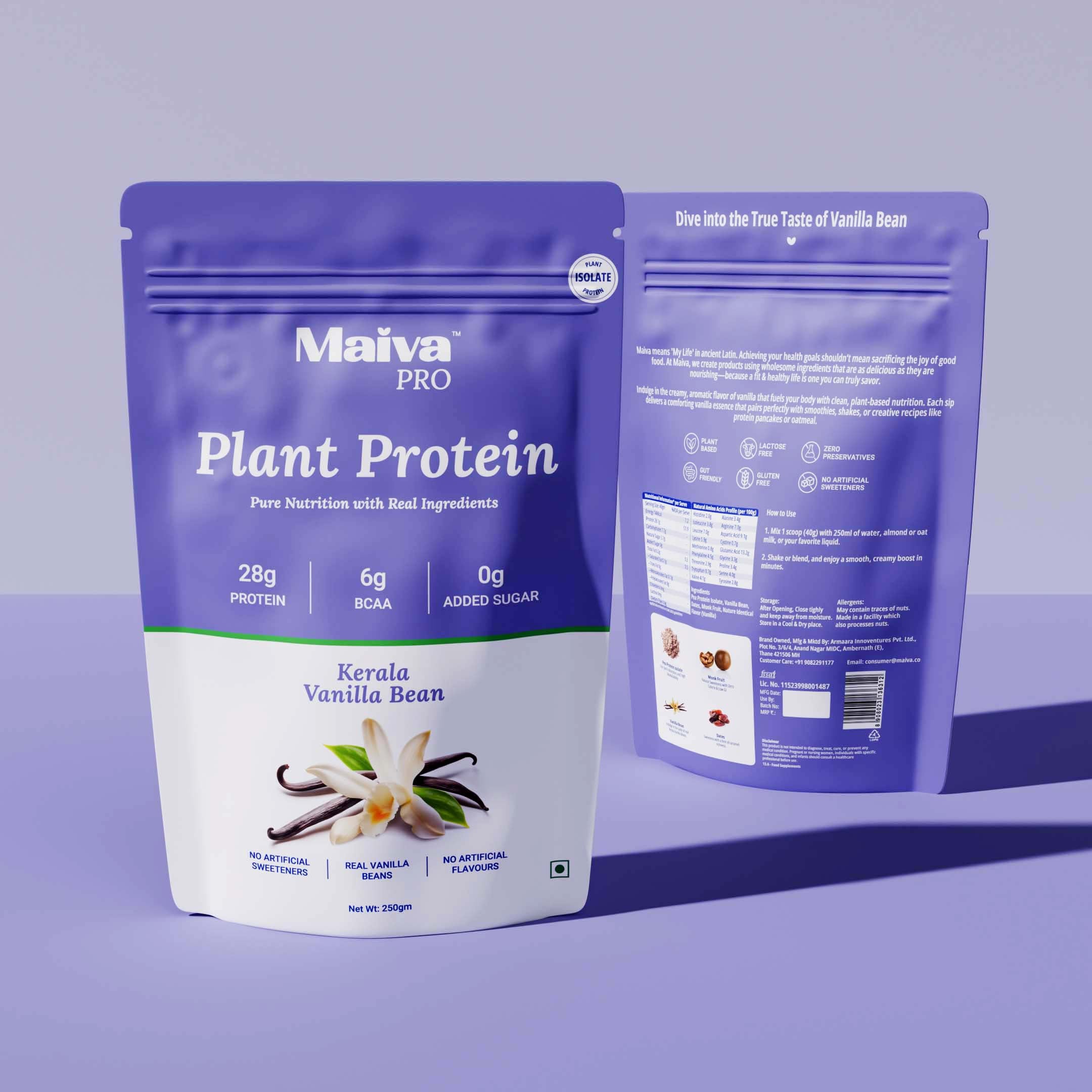Fructo Oligosaccharides (FOS) - Myths vs Facts in Nutrition & Diet
1. Introduction | Fructo Oligosaccharides (FOS),Dietary Use & Nutrition Facts
In the dynamic world of diet and nutrition, Fructo Oligosaccharides (FOS) have emerged as a subject of significant interest and debate. FOS, a unique type of prebiotic fiber, is gaining recognition for its potential benefits in enhancing digestive health and overall well-being.
Despite its growing popularity, there remains a cloud of myths and misconceptions surrounding its use and effects.
This article aims to demystify FOS, shedding light on its scientifically backed benefits, particularly in digestive health, while addressing and debunking prevalent nutritional myths.
This piece will provide a thorough understanding of FOS — from its basic composition to its wide-ranging impact on health.
As we navigate through the intricacies of FOS, we seek to empower readers with factual, evidence-based information, enabling them to make informed decisions in their nutritional choices.

2. Comprehensive Overview of Fructo Oligosaccharides (FOS)
In this section we will discuss the chemical nature of FOS, its's typical process of production, some of its chemical characteristics and its impact across digestive health.
2.1. What is FOS (Fructo Oligosaccharides)
Fructo Oligosaccharides, commonly referred to as FOS, are a unique type of carbohydrate, more specifically, a soluble fiber. They are naturally found in various plants, including chicory root, garlic, onions, asparagus, and bananas. Structurally, FOS are short chains of fructose molecules linked together, which are not digested by the human body in the traditional sense. This unique characteristic is what imparts FOS with its health benefits, particularly in the realm of digestive health.
The production of FOS typically involves a process called enzymatic hydrolysis. This process begins with inulin, a naturally occurring polysaccharide found in many plants. Enzymes are used to break down inulin into shorter fructose chains, resulting in FOS. The controlled nature of this process allows to produce FOS with specific and uniform characteristics, making them ideal for use in nutritional supplements and various food products.
Notably, FOS serves as prebiotics, which means they act as food for beneficial gut bacteria. When consumed, they pass through the upper part of the gastrointestinal tract undigested and undergo fermentation upon reaching the colon. This fermentation process feeds and stimulates the growth of beneficial bacteria in the gut, particularly bifidobacteria and lactobacilli, which are crucial for maintaining gut health and overall well-being.
In the next section, we'll explore the various applications of FOS in different food products and supplements and delve deeper into their role in promoting digestive health.

2.2. Role of FOS in Digestive Health
Fructo Oligosaccharides (FOS) play a crucial role in promoting digestive health, a fact increasingly supported by scientific research. As a prebiotic, FOS primarily functions by stimulating the growth and activity of beneficial bacteria in the gut, particularly bifidobacteria and lactobacilli. These beneficial bacteria are essential for maintaining a healthy gut microbiome, which is pivotal for effective digestion and overall gut health.
One of the key benefits of FOS is its ability to enhance bowel regularity. Unlike other carbohydrates, FOS does not break down in the stomach or small intestine. Instead, they reach the colon intact, where they are fermented by the gut microbiota. This fermentation process produces short-chain fatty acids (SCFAs), which have been shown to improve bowel movements and reduce constipation. SCFAs also help in maintaining the integrity of the gut lining, providing a barrier against harmful pathogens and reducing the risk of gastrointestinal disorders.
Furthermore, research indicates that FOS can positively impact the absorption of minerals, such as calcium and magnesium, which are crucial for bone health. The fermentation of FOS in the colon creates an acidic environment, which enhances the solubility and thus the absorption of these minerals. This is particularly beneficial for individuals at risk of bone-related conditions like osteoporosis.
Studies have also explored the role of FOS in modulating the immune system. The gut microbiota plays a significant role in immune function, and by enhancing the growth of beneficial bacteria, FOS contributes to a stronger immune response. This is especially valuable in reducing the incidence of certain infections and may have broader implications for immune-related conditions.

Moreover, the impact of FOS on digestive health extends to its potential in managing weight and blood sugar levels. The satiety-inducing effect of FOS can aid in weight management, while their role in modulating gut bacteria can influence blood glucose levels, making them a valuable dietary component for individuals with or at risk of diabetes.
3. Where FOS is Used ?
Fructo Oligosaccharides (FOS), due to their unique properties, find versatile applications in a variety of food products and nutritional supplements, playing a pivotal role in promoting digestive health.
In the realm of food products, FOS is often incorporated as a sweetener in low-calorie foods due to its lower caloric value compared to regular sugar. This characteristic makes it a popular choice in dietetic and diabetic-friendly food items. Additionally, FOS is used in dairy products like yogurt and cheese to enhance their texture and contribute to their probiotic properties. Its presence in bakery items, such as bread and biscuits, not only improves the taste but also adds to the fiber content, making them more gut-friendly.
Nutritional supplements frequently feature FOS as a key ingredient, primarily for its prebiotic effects. These supplements are designed to support gut health, aiding in the growth of beneficial gut bacteria like bifidobacteria and lactobacilli. This enhancement of the gut microbiome is vital for improving digestive health and can contribute to a more robust immune system. Moreover, FOS supplements are often recommended to alleviate symptoms of digestive disorders, such as irritable bowel syndrome (IBS), due to their ability to regulate bowel movements and improve overall gut function.
In summary, FOS is a multifaceted ingredient, pivotal in food technology and nutritional science, primarily valued for its prebiotic properties and positive impact on digestive health. Its inclusion in daily diet, whether through food or supplements, can be a strategic approach to enhancing gut health and overall wellness.
4. Debunking Nutritional Myths about FOS
In the world of nutrition, Fructo Oligosaccharides (FOS) often find themselves at the center of several myths and misconceptions. It's crucial to debunk these myths with scientific evidence and expert opinions to ensure accurate understanding and usage of FOS.
Myth 1: FOS Can Cause Digestive Discomfort in Everyone
While it's true that excessive consumption of FOS can lead to bloating and gas in some individuals, particularly in those with sensitive digestive systems, this is not a universal reaction. FOS, being prebiotics, are fermented by gut bacteria, which can lead to these symptoms. However, when consumed in moderate amounts, FOS are generally well-tolerated and can even aid in digestive health by promoting beneficial bacterial growth.
Myth 2: FOS Have No Real Health Benefits
Contrary to this belief, scientific studies have shown that FOS offer several health benefits. They act as prebiotics, enhancing the growth of beneficial gut bacteria like bifidobacteria and lactobacilli. This contributes to improved gut health and regular bowel movements. Additionally, FOS can aid in calcium absorption, crucial for bone health.
Myth 3: FOS Are Just Artificial Additives
FOS are often misunderstood as artificial or synthetic additives. In reality, they are naturally found in various fruits and vegetables like bananas, onions, and garlic. The FOS used in supplements and food products are typically extracted from natural sources, predominantly chicory root.
Myth 4: FOS is Unnecessary if You Eat a Balanced Diet
While a balanced diet is key to good health, incorporating FOS can provide additional benefits, especially in terms of gut health. The modern diet often lacks sufficient prebiotic fibers, and supplementing with FOS can help fill this gap, aiding in the maintenance of a healthy gut microbiome.
Myth 5: FOS Can Lead to Weight Gain
FOS, being a type of fiber, does not contribute to weight gain. On the contrary, due to their role in promoting satiety and regulating blood sugar levels, FOS can be a beneficial component in weight management strategies.
In summary, FOS play a valuable role in nutrition, and it's essential to recognize and dispel these myths. Backed by scientific research and expert insights, the true benefits of FOS can be appreciated and utilized effectively in dietary practices






